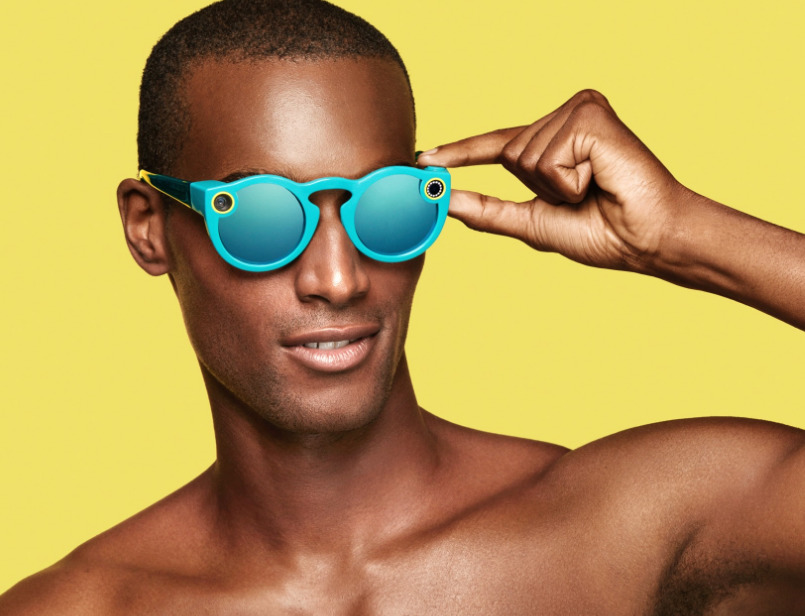Snap is reportedly signing deals with a variety of TV networks to get shows in its popular iPhone and Android app, Snapchat — echoing a similar strategy being adopted by Twitter.
The company already has agreements with NBCUniversal, A&E, Discovery, ABC, and the NFL, and later on Thursday will announce a deal with HGTV and Food Network parent Scripps Network Interactive, The Wall Street Journal reported. Talks are allegedly underway with CBS and Fox.
A key difference with Twitter's approach is that Snap is concentrating on pre-recorded shows instead of live ones, and looking to complement existing broadcast and cable material, instead of potentially supplanting it. Snapchat shows are about three to five minutes long, whereas some from Twitter will run up to three hours — or in the case of Bloomberg, around the clock.
Snap executives are said to be sitting down with their peers at studios to show them how to tailor video to the new audience. Snapchat is nominally focused around quick messaging, with its other content packaged into bite-sized "Stories."
Both Snap and Twitter have been searching for ways to maintain growth, particularly in the face of Facebook, which has copied Snapchat Stories in its mobile apps, and jumped into the same live video arena as Twitter — albeit without any dedicated shows.
TV networks, meanwhile, have had to branch out in recent years to cope with a mounting number of cord-cutters, as well as people who are simply disengaged from TV as a medium.
 Roger Fingas
Roger Fingas








 Malcolm Owen
Malcolm Owen
 William Gallagher
William Gallagher
 Thomas Sibilly
Thomas Sibilly
 Wesley Hilliard
Wesley Hilliard
 Marko Zivkovic
Marko Zivkovic



-xl-m.jpg)








1 Comment
While I realize this SNAP thing is about 3-minute shows, this has become one giant mess. Who the hell wants to traverse 15 different apps just to watch a TV program? In most cases, cord cutting doesn't even make economic sense, since most people would lose their cable bundle deal and have to subscribe to at least three streaming services, plus sports channels if they care about that.
AFAIK, most of these streaming services are not profitable and at the same time they hurt revenues for the MSO's (not that I care what happens to the ripoff cable companies). In the end, this is all going to come crashing down in a few more years. My bet is that people start waking up to the fact that they are paying more as cord cutters than they were before and return to cable or satellite, as bad as most cable systems are.
I also think what the MSO's will start doing if the cord cutting trend continues is to shift the charges from the cable TV side of the business to the ISP side. So ISP charges will go way up and cable charges will go down and it will make no sense to give up cable TV. We also need ala-carte, point-based cable plans where you pick the channels you want, each of which is assigned so many points, depending upon how much the MSO has to pay the cable network and the more points you buy, the bigger discount you get per point. And the cable channels get paid not by how many subscribers the MSO has (which means we're paying for the sports channels, which are quite expensive, even if we don't watch sports), but by how many people actually subscribe to the channel. (IIRC, the Yankees network alone charges the MSOs $3 per subscriber, regardless of who watches.) Any cable channel which wants everyone and is happy with just ad revenue can charge 0 points. This might kill off a bunch of the cable channels, but that would actually be a good thing for the industry as there are too many channels which fragments the audience far too much for anyone to do well. Personally, I have most of the cable channels "de-programmed" from my set. I could probably get by with around 10.